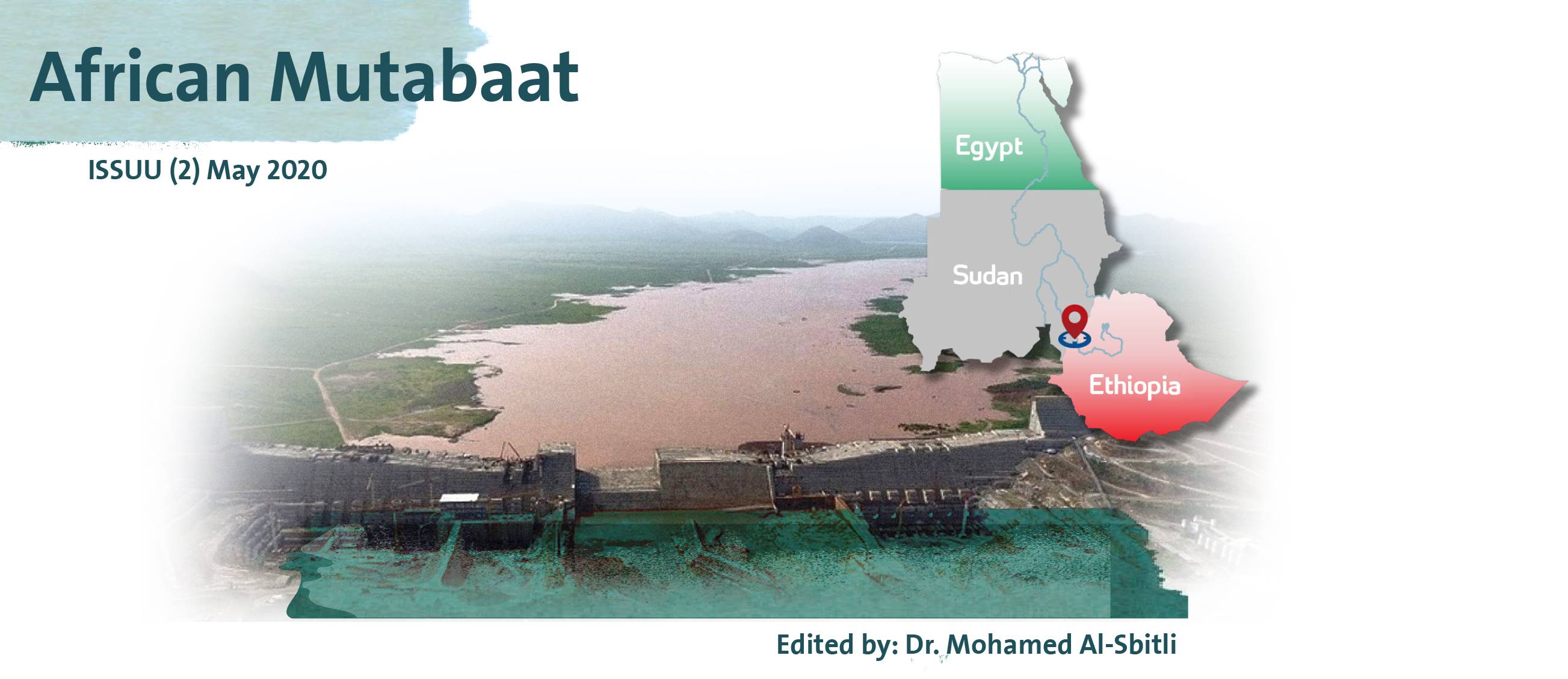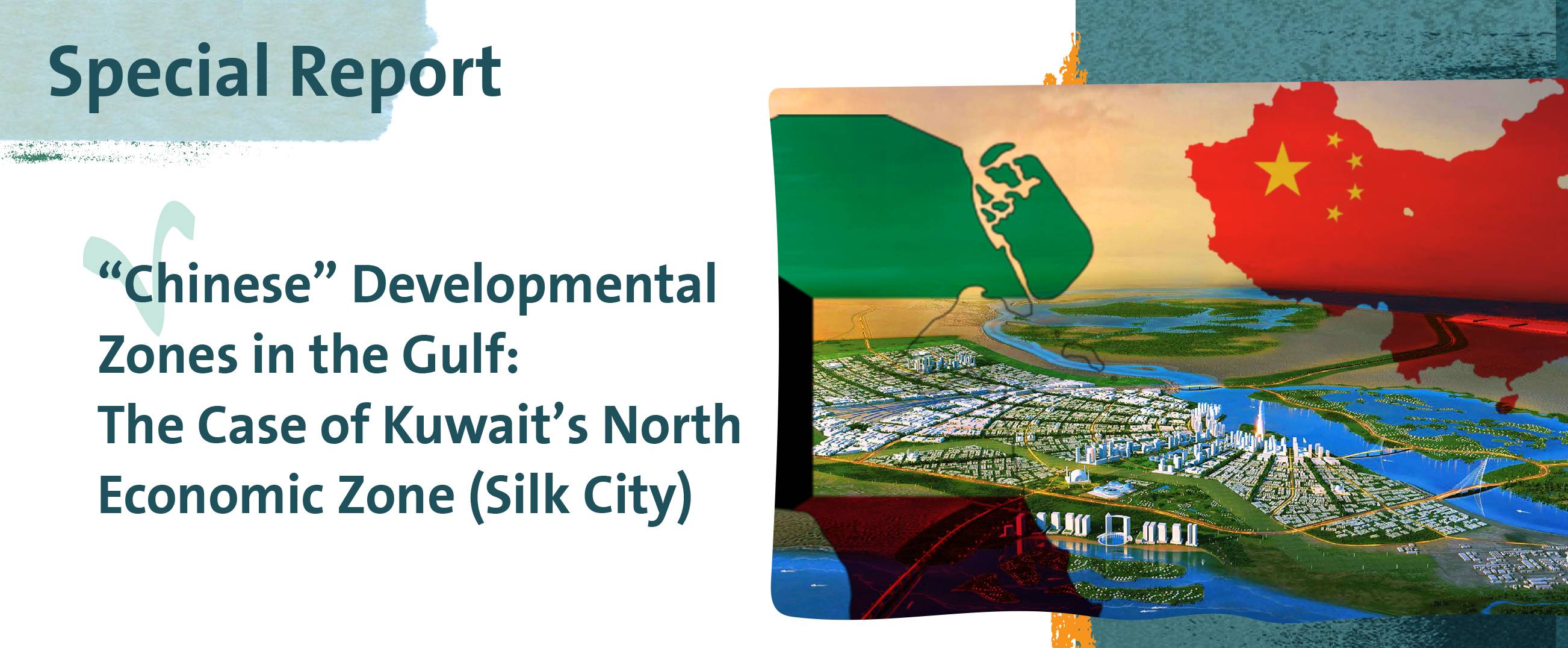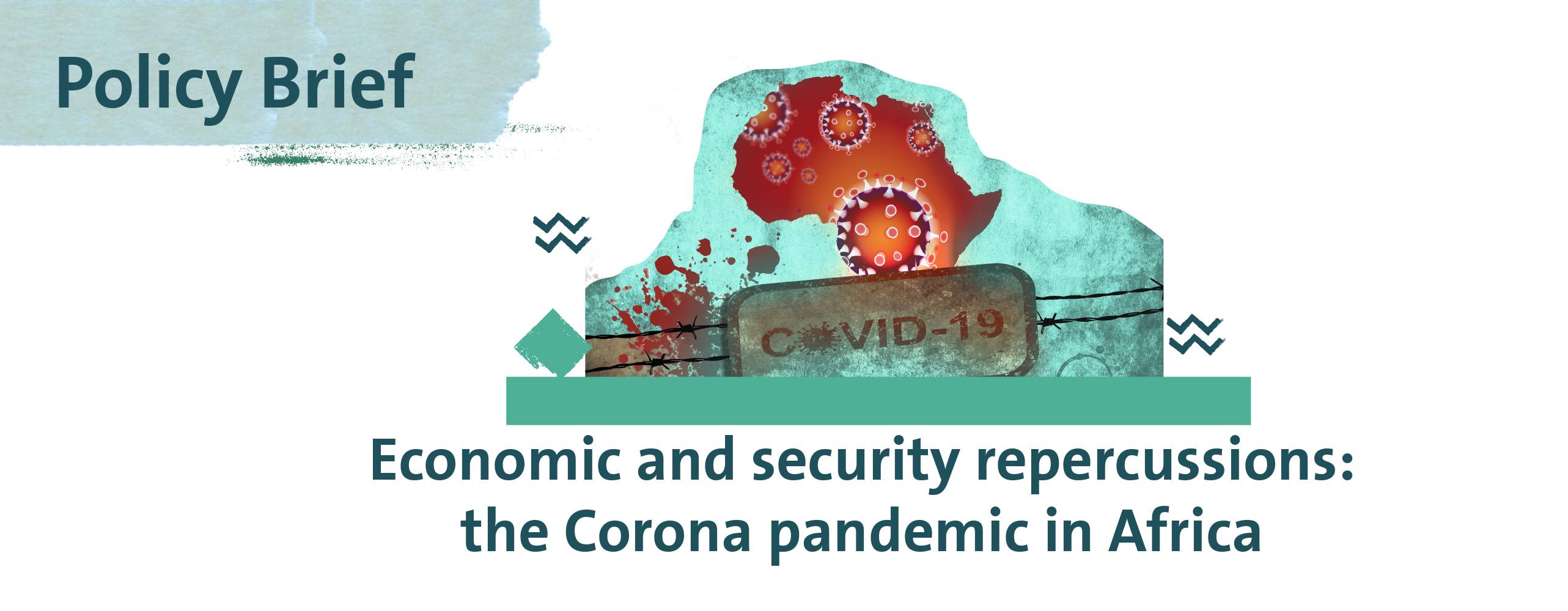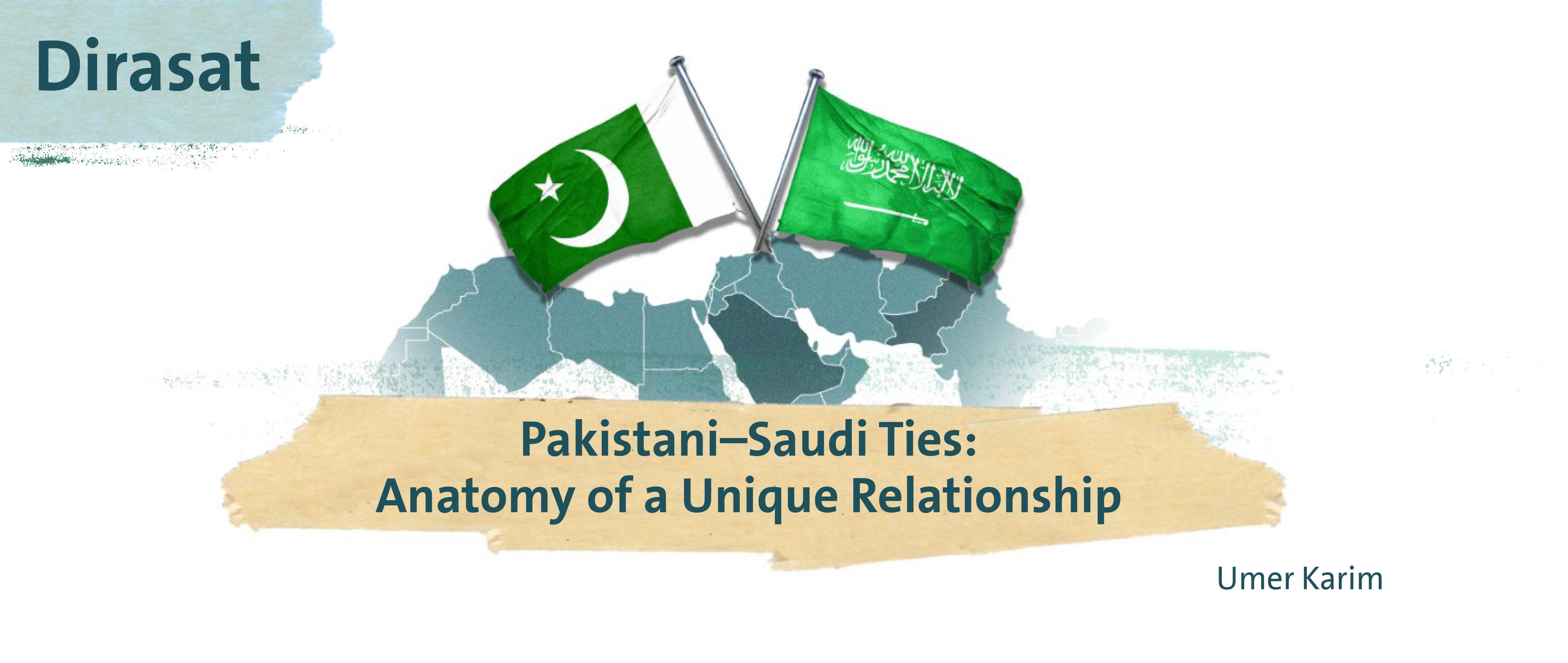Research Papers
Number: 8
Edited by: Saud al-Sarhan & Mark C. Thompson
The KFCRIS weekly report on the regional and international impacts of coronavirus (COVID-19) comes at a critical time. In response to the spreading pandemic, governments continue to enforce quarantines, curfews and ‘lockdowns’ that impact national economies and the lifestyles of millions of people. Hence, this weekly report aims to interview a diverse range of individuals including policy makers, academics, and thinkers to seek their opinions on the impact of this pandemic as it relates to their area of interest.
Number:
Edited by: Freddie Neve
Saudi Arabia has taken the threat of the novel coronavirus seriously, responding rapidly and robustly to slow its spread in the Kingdom and the wider Middle East.
Saudi Arabia’s first confirmed case of COVID-19 was on March 2, 2020, in a citizen from Qatif, in Saudi Arabia’s Eastern province, who had traveled from Iran via Bahrain.(1) The Kingdom had already taken action before that point. Five days prior
This report analyzes Saudi Arabia’s Response to the Coronavirus COVID-19 Pandemic
Number:
Author: Freddie Neve
This report analyzes Saudi Arabia’s response to the COVID-19 Pandemic up to late May 2020.
Number: 7
Edited by: Saud al-Sarhan & Mark C. Thompson
The KFCRIS weekly report on the regional and international impacts of coronavirus (COVID-19) comes at a critical time. In response to the spreading pandemic, governments continue to enforce quarantines, curfews and ‘lockdowns’ that impact national economies and the lifestyles of millions of people. Hence, this weekly report aims to interview a diverse range of individuals including policy makers, academics, and thinkers to seek their opinions on the impact of this pandemic as it relates to their area of interest.

Number:
Author: Edited by Mohamed Al-Sbitli
This second issue of African follow-up is devoted to the file of the Ethiopian Renaissance Dam as a geopolitical issue. The Ethiopian vision and the positions of Sudan and Egypt on the issue of the dam were presented, which sparked long differences and negotiations without reaching a compromise solution. The file also included the positions of Somalia, Eritrea and Djibouti. The articles presented clarify the backgrounds of disputes and documents on which the countries concerned depended on determining their position. An article on the Muslim community in South Africa was assigned to this issue.
*Available in Arabic only
Number: 6
Edited by: Saud al-Sarhan & Mark C. Thompson
The KFCRIS weekly report on the regional and international impacts of coronavirus (COVID-19) comes at a critical time. In response to the spreading pandemic, governments continue to enforce quarantines, curfews and ‘lockdowns’ that impact national economies and the lifestyles of millions of people. Hence, this weekly report aims to interview a diverse range of individuals including policy makers, academics, and thinkers to seek their opinions on the impact of this pandemic as it relates to their area of interest.

Number:
Author: Alanoud Alsabah & Mohammed Alsudairi
The report is the first in a series that will look at several China-linked park-port complexes in the GCC. This particular report investigates the historical origins, developmental trajectory, and current challenges facing the Silk City project in Kuwait. It is interested in gauging the extent to which Chinese actors – the state and economic entities -

Number:
Author: Mohammed Al-Subaitily and Mubarak Mohammed Ahmed
The report reviews the dangers of the spread of the Corona pandemic in the African continent and the ability of the African health system to face it, the economic and security implications of the pandemic, the assistance provided by international bodies and organizations to the governments of African countries, and the possibility of terrorist groups to take advantage of these conditions to intensify their activities in conflict areas.
Number: 5
Edited by: Saud al-Sarhan & Mark C. Thompson
The KFCRIS weekly report on the regional and international impacts of coronavirus (COVID-19) comes at a critical time. In response to the spreading pandemic, governments continue to enforce quarantines, curfews and ‘lockdowns’ that impact national economies and the lifestyles of millions of people. Hence, this weekly report aims to interview a diverse range of individuals including policy makers, academics, and thinkers to seek their opinions on the impact of this pandemic as it relates to their area of interest.

Number: 56
Author: Umer Karim
*This Dirasat was published on May 3, 2020 and was updated on September 25, 2022.
The primary purpose of this study is to dissect the nature of the Pakistani– Saudi relationship from an international relations perspective and shed light upon how their respective evolving strategic and security outlooks are shaping their bilateral relationship. This research attempts to highlight the critical domestic and regional variables that have impacted the nature of the bilateral relationship. The study further explains the political impact on bilateral ties of strong interpersonal ties between the political and security leaderships of both sides while also pointi



